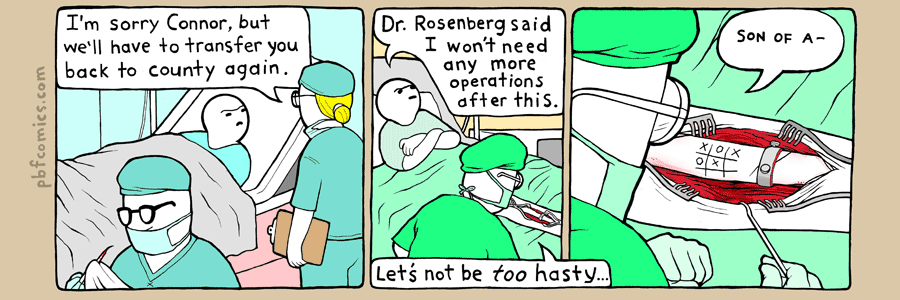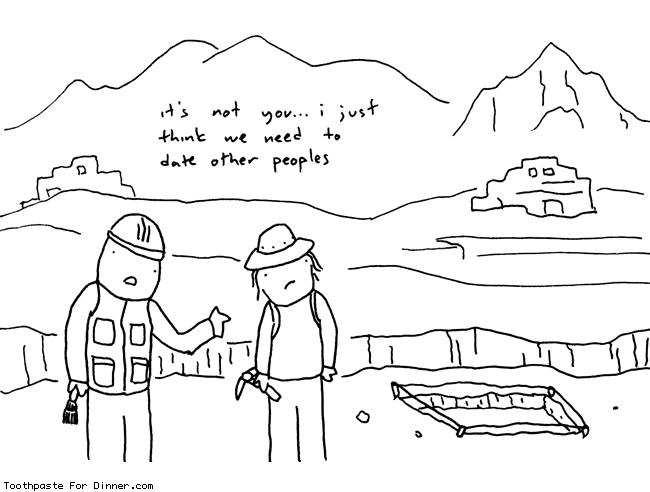mercredi 2 mars 2011
third person point of view
The third person point of view is a form of storytelling in which a narrator relates all action in third person, using third person pronouns such as "he" or "she."
subjective
Subjective may refer to:
- Subjectivism, a philosophical tenet that accords primacy to subjective experience as fundamental of all measure and law
- Subjectivity, a subject's perspective, particular feelings, beliefs, desires or discovery made from information pertaining to a personal experience
- Subjective experience, the sensory buzz and awareness associated with a conscious mind
- Subjective case, grammatical case for a noun
- Subject (philosophy), a being which has subjective experiences or a relationship with another entity
- Subjective theory of value, an economic theory of value
- A school of bayesian probability stating that the state of knowledge corresponds to personal belief
stream of conciousness
- Ostensibly unedited, spontaneous live or recorded performances, as in film, music, and dramatic and comic monologues, intended to recreate the raw experience of the person portrayed or the performer
- Stream of consciousness (narrative mode), a narrative mode used as a literary, cinematic, theatrical, or lyrical technique
- Stream of consciousness (psychology), in psychology
- stream-of-being also known as the mindstream (Buddhism)
rhetorical question
A rhetorical question is a figure of speech in the form of a question posed for its persuasive effect without the expectation of a reply.
objective
An objective tone is created by the writer’s wording so that the piece of writing seems to be unbiased and unemotional. The antonym of objective is subjective which means personal experience and opinions are expressed.
Meter
In poetry, metre (or meter in American use of the English Language) is the basic rhythmic structure of a verse or lines in verse.
Jargon is terminology which is especially defined in relationship to a specific activity, profession, group, or gitar.
lundi 28 février 2011
setting
Inscription à :
Articles (Atom)






